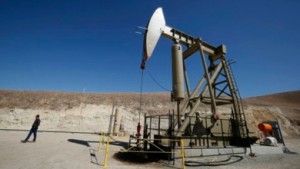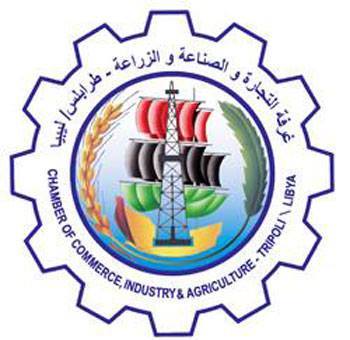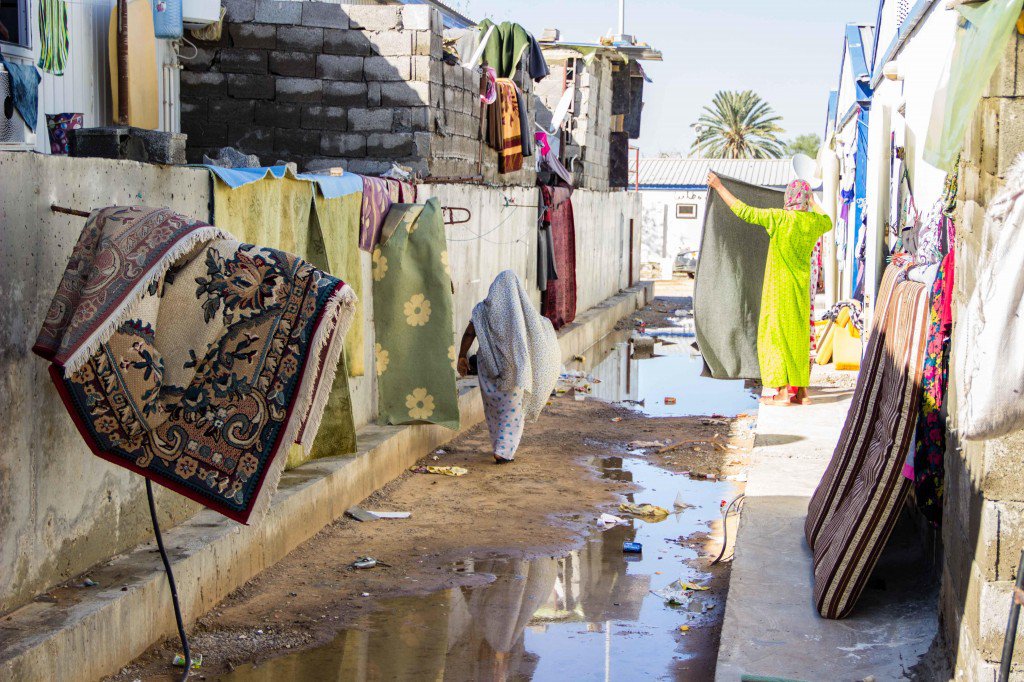By Libya Herald reporters.

Libyan crude oil exports are up to 622,000 bpd according to NOC figures just released. The figure may surprise some analysts. Only six weeks ago overall production had plunged to less than 275,000 barrels per day, following attacks oil fields, pipelines and the Sidra and Ras Lanouf export terminals.
The Italian giant Eni is understood to be producing some 250,000 barrels of oil and gas equivalent through its fields El Fil and Wafa in the south west Libya, pumped to Mellitah port in the north west. Meanwhile, some 71,000 bpd is being produced by Sirte Company.
“In addition, Agoco is currently producing some 290,000 bpd,” Omran Al-Zuwai Agoco spokesman told the Libya Herald.
Agoco the fully-owned to the NOC operates most eastern oilfields and Tobruk’s Hariga export terminal in the east. It also operates Al-Beida, Um Al-Froud and North Sabah fields in central Libya and the Hamada field in the south-west.
“Agoco is keeping this current production rate at the moment” Al-Zuwai explains.
While the export figures are an improvement on recent lows, they are still well below the 1.9 million bpd peak reached after the 2011 revolution.
The collapse in Libyan crude oil production due to the political and military division has coincided with a plunge in international crude oil prices.
This has had a calamitous effect on the Libyan economy leading to austerity measures both the government in Beida and the antigovernment in Tripoli have struggled to pay the likes of salaries and overseas student scholarships.
All major development and project work has been suspended more or less since the 2011 revolution. Meanwhile the collapse in oil revenues has led to a major depletion of foreign currency reserves and is threatening to lead to the devaluation of the Libyan dinar.
The Libyan dinar is currently trading at around LD 1.95 to the dollar in the black market, or around 50 percent lower than the official exchange rate – a fact that has raised the prices of imports and depleted the purchasing power of the Libyan consumer.
[/restrict]







